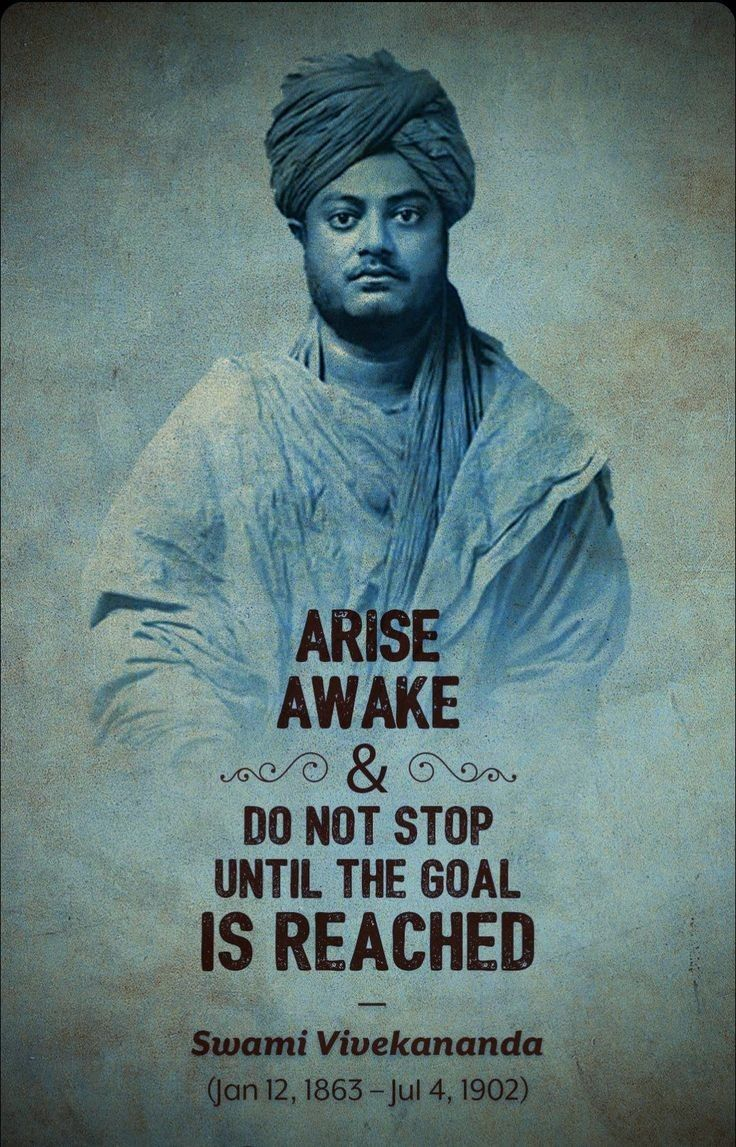04-Jul-2025
Swami Vivekananda
History
Why in News?
Prime Minister Narendra Modi paid tribute to Swami Vivekananda on his Punya Tithi, highlighting his enduring influence on India's cultural pride and societal vision. The PM acknowledged Vivekananda's thoughts as a guiding light for the nation.
Swami Vivekananda: Life and Contributions
Early Life and Education
- Born as Narendranath Datta on 12 January 1863 in Kolkata.
- Came from a family blending modern intellectualism and deep spiritualism.
- Educated at the Metropolitan Institution and excelled in philosophy.
- Studied Western thinkers (Mill, Hume, Kant) alongside Vedas and Upanishads.
- Had an early quest for spiritual truth and deep curiosity about religion.
Influence of Ramakrishna Paramahamsa
- Met Ramakrishna in 1881, who guided him toward self-realisation.
- Taught him unity of all religions — core to Vivekananda’s later teachings.
- After Ramakrishna’s death (1886), he renounced worldly life and became a monk.
Global Recognition
- Gained international fame at Parliament of the World’s Religions, Chicago (1893).
- Introduced Hinduism, Vedanta and India’s spiritual values to the West.
Philosophy and Teachings
- Strong follower of Vedanta philosophy—believed in the oneness of all beings and divinity of the soul.
- Taught that all religions are different paths leading to the same truth.
- Stressed Self-realisation through meditation and inner discipline.
- Advocated Karma Yoga—selfless action without attachment.
- Promoted the idea of “Service to humanity is service to God” (Jiva is Shiva).
Social Reforms and Education
- Focused on revival of Hinduism, making it rational and globally relevant.
- Emphasized education combining science and spirituality.
- Advocated for character-building, moral values and social responsibility.
- Strong voice for eradication of caste discrimination and empowerment of women.
Institutional Contributions
- Founded the Ramakrishna Mission in 1897, promoting Vedanta and social service.
- Mission works in education, healthcare and disaster relief across India and abroad.
Role in the Indian Renaissance
- Inspired national pride and cultural revival in colonial India.
- Encouraged youth with his famous slogan: “Arise, awake and stop not till the goal is reached.”
- Promoted rational thinking, interfaith harmony and scientific temper.
- Deep influence on the freedom movement and modern Indian thought.
Legacy
- In recognition of his contributions, the Government of India designated January 12, Swami Vivekananda’s birth anniversary, as National Youth Day to inspire the youth with his ideals and values.
- His works like Jnana Yoga, Bhakti Yoga, Karma Yoga and Raja Yoga remain influential.
- Revered globally for his vision of universal brotherhood and spiritual unity.
Preparing Through MCQ
Q. When is National Youth Day celebrated in India to honour the birth anniversary of Swami Vivekananda?
(1) January 26
(2) January 12
(3) August 15
(4) October 2
Answer: (2) January 12

